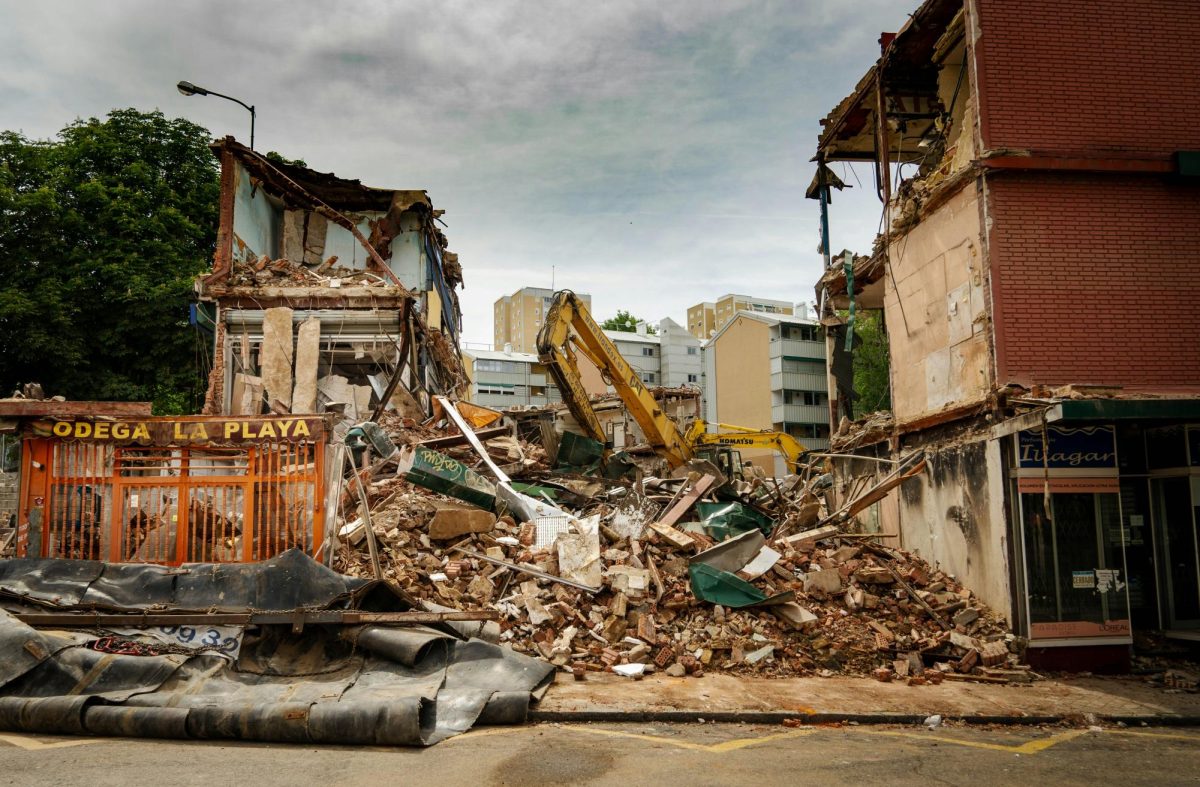On April 3, 2024, an earthquake hit Taiwan, killing at least ten people and leaving over 900 people in need of aid (CNN). It was one of the strongest earthquakes to hit the country in over 25 years. The 7.4 magnitude earthquake hit at around 7:48 a.m. local time, just miles outside of the city of Hualien, Taiwan and, according to the U.S. Geological Survey, there were at least 29 aftershocks of 4.0 or higher (CNN). Tremors from the epicenter have been felt all around the Island, even as far as Shanghai, China.
Rescuers have been working to free dozens of people that have been trapped behind debris left from the landslides and fallen buildings. According to local authorities, more than 900 people have been injured due to the quake and over 100 buildings have been damaged (CNN). Concerns have been raised due to at least 71 known miners being trapped across two mines that have been blocked by rubble due to the earthquake (CNN).
Since Taiwan rests atop many faults, earthquakes occur frequently. Still, Taiwan has taken various steps to stay prepared when they do happen. Requirements for buildings have been implemented in Taiwan’s building codes since the 1970s. This ensured that the city’s buildings were reinforced and ready for any massive earthquakes, such as the Chi-Chi Earthquake of 1999 that left 2,000 plus dead and over 11,000 injured (NYT).
Since these devastating events, schools and apartment buildings have been reviewed to ensure that they are up to the standards outlined by Taiwan’s building codes. Taiwan’s booming industry of advanced computer chips is yet another reason why events such as the 1999 quake prompted action to adapt more to their environment. After 1999, insulating these factories became a top priority for Taiwan, seeing as they provide chips for technology as complex as fighter jets or as simple as smartphones (NYT).









